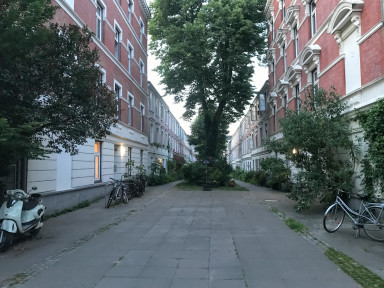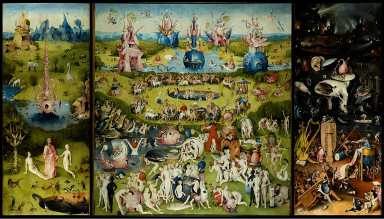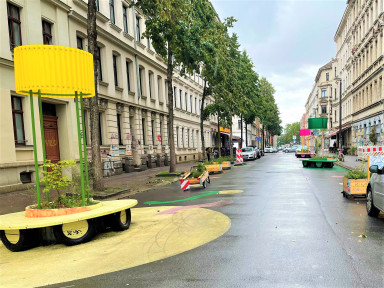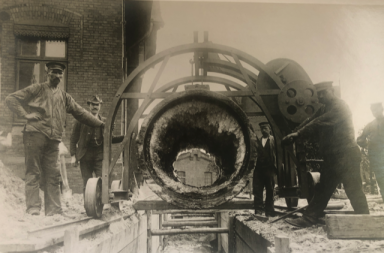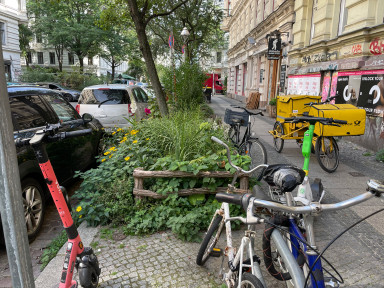Contesting mobility futures
Future-making, stability, and change around urban mobility
In response to a multiplicity of social and environmental crises, the necessity for the fundamental reorganization of many socio-technical systems has become commonplace in diverse political contexts. Urban mobility systems in particular are under pressure to transform in part due to their significant contribution to climate change; local noise, air, soil, and water pollution; space and resource consumption; and human death and injury. Yet due to a range of behavioural, material, and institutional factors which ‘lock in’ particular urban mobility regimes, the transformation of urban mobility systems can be highly resilient to transformative change. This doctoral thesis contributes to an emerging body of literature interested in the role of discursive forms of lock-in as an additional and under-investigated source of obduracy in socio-technical change. Specifically, it investigates how relationships formed with the future shape stability and change in processes of urban transformation. The empirical work explores this view with a focus on mobility future-making in the city of Hamburg, Germany.
- governance
- futures
- mobility
- transformations
- incumbency
- sustainability
Context
There has been a growing awareness of the political nature of how the future is conceived of and anticipated in diverse social contexts.1 At the same time, emerging perspectives on governance are developing a better understanding of the relational and evolving nature of power. These perspectives are helping to expose underappreciated sources of inertia underpinning stabilized incumbent arrangements, which is at the heart of transformation research.2 This provides a potentially fruitful avenue for exploring the role of future-making – understood here as the ways through which ideas, images, visions, expectations, calculations, etc. about the future are brought into the present through a diversity of practices to influence action – in both challenging and reproducing incumbent arrangements in a range of contexts.
Aims
To interrogate the relationships between future-making, stability, and change, the dissertation focuses on contestations around the future of urban mobility. The persistent problems of the prevailing mobility system, combined with the lofty promises associated with emerging technological solutions, create tensions between divergent expectations and aspirations for the future of mobility.3 From low-car and car-free liveable cities dominated by soft and active mobility practices to hyper-efficient and seamless door-to-door intelligent services, contestation about the future of urban mobility happens in a myriad of forums. The research aims to investigate a range of forums where this contestation plays out to develop insights into the power dynamics and the implications for stability, transformation, and the directionality of change. The empirical work focuses on the city of Hamburg to map the shifting governance arrangements historically and consider the relationships with urban mobility futures.
Supervisors:
- Prof. Dr. Monika Grubbauer
- Prof. Dr. Philipp Späth
